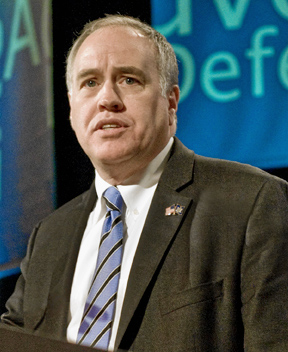Several public pension funds — including the massive New York State Common Retirement Fund – are calling for energy drink company Monster Beverage to increase the gender and racial diversity on its board.
Three pension funds have filed a shareholder proposal asking Monster to disclose any plans they have to increase the diversity of their board.
More from Pensions & Investments:
The $29.4 billion Connecticut Retirement Plans & Trust Funds, Hartford, $4.3 billion Philadelphia Public Employees Retirement System and Calvert Investments joined the $173.8 billion Albany-based pension fund as co-filers of the proposal.
“It’s unsettling that Monster Beverage has ignored repeated, widespread investor support for increased board diversity,” Thomas P. DiNapoli, New York state comptroller and sole trustee of the New York pension fund, said in the statement. “Company value and board diversity are linked. Businesses that rely on consumers should be particularly mindful that their boards should reflect the men and women who purchase their products. When a board fails to be responsive to its shareholders, it is often symptomatic of larger, systemic problems in the company’s governance.”
Monster directors and executives have been unresponsive to the New York pension fund’s efforts to discuss the issue, said Matt Sweeney, New York State Common spokesman, in an interview.
Monster’s response:
“Diversity is a part of the mix that Monster Beverage Corp.’s board and nominating committee consider when identifying and evaluating candidates for director. In fact, as stated in the company’s public filings, the nominating committee charter specifically includes diversity among the factors to be considered, along with experience, skills, and knowledge of business and management practices.”
The three pension funds collectively hold $57 million worth of Monster Beverage shares.
Photo By MrkJohn from Nottingham, England (Monster Troupe) [CC BY 2.0 (http://creativecommons.org/licenses/by/2.0)], via Wikimedia Commons



